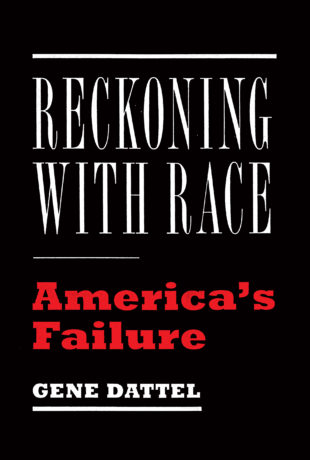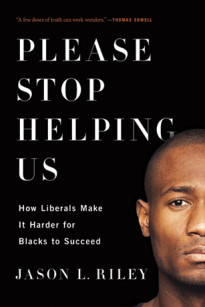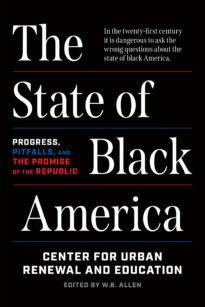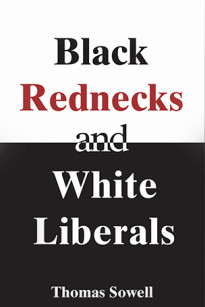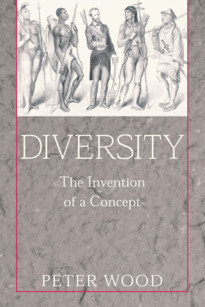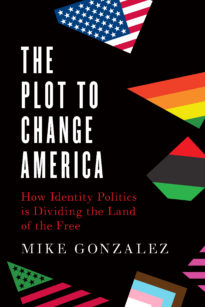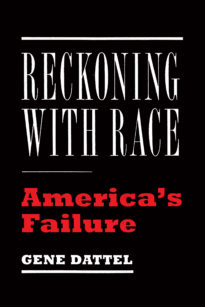We need a frank and honest discussion about race. Or as James Baldwin said in 1964 and as Martin Luther King Jr. put it in 1967, “Tell it like it is.”
How many times have you heard or read this dictum about America’s most sensitive, tragic, and inflammable topic, race? Although the call persists, the conversation never occurs. Instead white Americans are surprised, in fact stunned, by the level of racial tension in America, especially when it turns violent. It fuels the fear of a large, permanent black underclass that will not go away. Fifty years after Baldwin and King, why is the racial divide still our defining social issue?
In the pages to follow I concentrate on what I see as the fulcrum of this issue: the entrance of most black Americans into the economic mainstream. Make no mistake: blacks see economics, exacerbated by past injustice and discrimination, expressed as income gap or poverty as the main cause of black frustration. Economics—which means jobs—dominates the discussion within the black community. And the prerequisite for broad participation in economic advancement is assimilation, denied to blacks until the mid-twentieth century. Let’s be clear: the proper use of assimilation allows for practical and efficient adjustment to common values while retaining different cultural heritages.
To assimilate should be a greater priority for blacks than the overzealous pursuit of cultural acceptance. The eye on the prize should be focused on economic improvement, not perceived slights and a separate black society.
For the most part, blacks want more resources thrown at their problems—more public and private funding. Concerned whites agree that money is needed to address issues of housing, education, crime, and single-parent families but want more accountability. Blacks also want more law enforcement against discrimination and more programs run by blacks. They dismiss troubling behavior in the black community, avoiding responsibility and blaming inadequate economic support.
From the birth of the nation, America has relied on assimilation to mold a cohesive society. Assimilation has meant the acceptance of common goals, common values, a common language, and a common legal system that leaves abundant room for cultural heritage. George Washington clearly outlined the country’s attitude toward immigrants and their heritage in his 1790 letter to the Jewish community of Newport, Rhode Island. He welcomed the Jews, promising tolerance, protection, and the “good will of other Americans” while reminding them of the obligations and responsibilities of good citizenship.
The Founding Fathers had witnessed the catastrophic results of European fragmentation by land, ethnicity, language, and culture. These were practical men. National unity was the only means of survival. They could also observe firsthand the inherent weakness and vulnerability of the Native American tribal organization, which led to internecine warfare among the tribes and various collaborations with European countries against each other in their battles.
Tribalism and provincialism had to give way to a national identity. As it happens, no other country has attracted so many immigrants from diverse backgrounds and absorbed them into a cohesive unit necessary for the survival of the whole. Immigrants by the millions still come to America for political, religious, and economic reasons but overwhelmingly for a better material life. A large part of their success has been due to America’s adaptable free enterprise system.
White immigrants left the “old country” and came voluntarily to America. African Americans, involuntary immigrants, arrived in slave ships, first in the seventeenth century, and have been struggling with their identity—national or separate—ever since.
